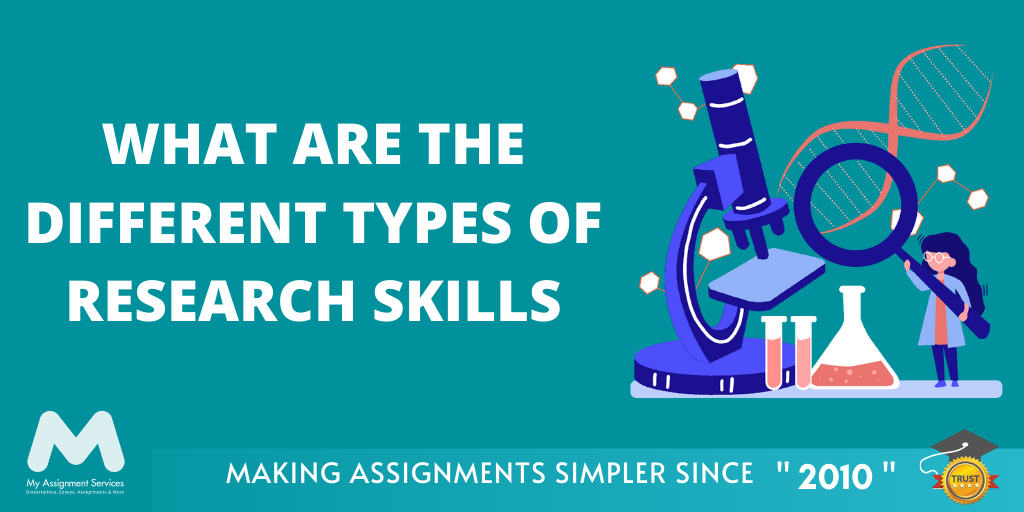
Research skills are important, regardless of the field or discipline in which they are applied. The merit of the research result largely depends on the quality and accuracy of the data used for analysis. Research is a way of acquiring new knowledge or skills through intellectual effort. It is a systematic investigation using scientific methods to produce information on human society, culture and behaviour. The research process involves making an inquiry about a problem, collecting data from the relevant sources, analysing the data and drawing valid conclusions, which serve as a basis for further action. Researchers make their own contributions to advance knowledge in order to benefit others. Research can be defined as organised efforts to gain knowledge.
The term research methodology has been used in different contexts, including psychology, education, social sciences etc. In most cases, they are treated synonymously, but there exists some difference between them. Methodology refers to the theoretical framework that guides research, whereas research design denotes the technique adopted for executing it. This blog attempts to explain different types of research and research skills.
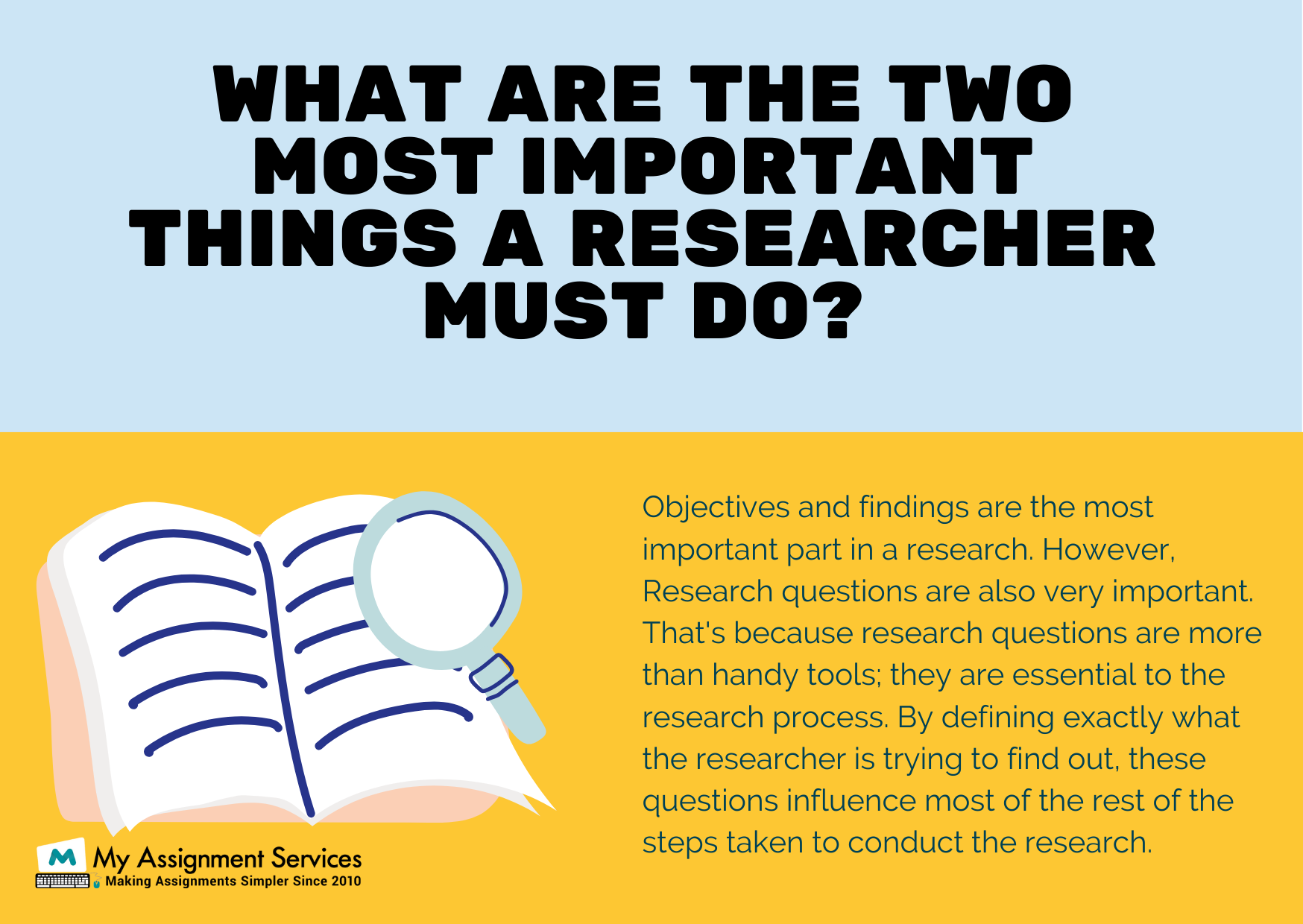
Seven Types of Research. How Many Are You Familiar With?
- Primary Research: It is also called original research, pilot study, pilot experiment etc. It is an original investigation to answer new questions without any reference to previously published studies. Its main aim is testing hypotheses or theories based on relevant variables that have not been studied earlier. Contrary to popular belief, it does not include market surveys or experiments that can be easily replicated later. Its major strength is that it helps to develop new hypotheses, which can be tested by secondary research. It also includes the study of observations and results before publishing (i.e., in the case of formats like books, papers or articles). Primary research is done for developing a data collection method that can be used in future experiments.
- Secondary Research: It incorporates the review and analysis of available and published literature on a given topic/subject/concept under consideration (maybe hypothetical as well). The aim behind this kind of research is usually to confirm or disprove an objective or hypothesis formulated during a primary investigation or to make comparisons between different studies. There are different methods followed by secondary researchers such as desk review, personal communication with experts in the field, cognitive mapping, statistical analysis etc. Its main strength is that it provides an overview of existing literature available in the subject area under study that may help secondary researchers do further research with better clarity and focus. It also includes market surveys done by business firms for finding appropriate market opportunities (e.g., feasibility studies).
- Tertiary Research consists of an organised review or summary of published information on a given topic/subject/concept. The aim behind this kind of research is usually to provide ready reference material for decision-makers. It helps readers understand some marketing concepts in more detail but without going into details that are already available elsewhere or unnecessary for their current purposes. The tertiary researcher collects and organises information from secondary sources to construct a coherent picture of the topic under study. Its strength is that it provides ready reference material for decision-makers and researchers. It may not bring any new idea or concept in front of researchers; instead, it updates the relevant information available at the primary level.
- Quaternary Research involves review and synthesis of published literature about an issue/problem/concept already studied at secondary and tertiary levels. The objective behind this kind of research is usually to evaluate existing literature critically and provide an overview that could be used as the foundation for further research in related areas. Similar to tertiary research, its main strength is that it provides reference material for decision-makers. It has a deeper level of detail than tertiary research.
- Meta-Research: This is secondary, tertiary or quaternary research, with the objective to synthesise or integrate existing knowledge about a given topic. It may include the process of reviewing the literature, making generalisations based on findings from different studies and finally drawing conclusions after evaluating all relevant data collected through primary investigation. Meta-researchers try to draw conclusions after integrating ideas drawn from primary research (i.e., new hypothesis) and information drawn from secondary/tertiary investigations (i.e., available literature). Its strength is that it helps in forming scientific principles on multiple levels by integrating previously collected and published data.
- Meta-Analysis: It is the process of statistically analysing results from individual studies to test hypotheses, establish facts, resolve contradictions in related literature or simply synthesise heterogeneous findings. It provides a quantitative approach for testing hypotheses that are derived from theories existing in different studies. Meta-analysis starts with the collection of research done on a particular phenomenon (e.g. social anxiety disorder) through systematic review/searching/scanning available literature followed by considerations of important information contained within this body of knowledge. It provides useful insights into major findings drawn from previous investigations for evaluating implications for future research or practice. Due to its ability to produce meaningful results, several researchers have started using meta-analysis to review the literature relevant to their research work.
- Meta-Regression: It is a statistical technique used for evaluating relations between explanatory variables and treatment effects represented by means of dependent variables across multiple studies. Meta-regression analysis implies the study of multiple effects (i.e., population-averaged effect sizes) through regression equations provided they are correlated. For better interpretation, meta-regression models explain changes in the magnitude of association over time, sample characteristics (i.e., commonality), variations in methodological features across studies included for analysis etc. It has further potential to bring out results that could not be derived from individual investigations due to a variety of reasons like a small number of samples or lack of enough information on some key elements.
The ability to carry out the research process in an efficient and systematic manner is very necessary for the management profession. The essential skills that are required include- investigation, critical thinking, decision making, problem-solving, analysis of information/ data gathered by research work.
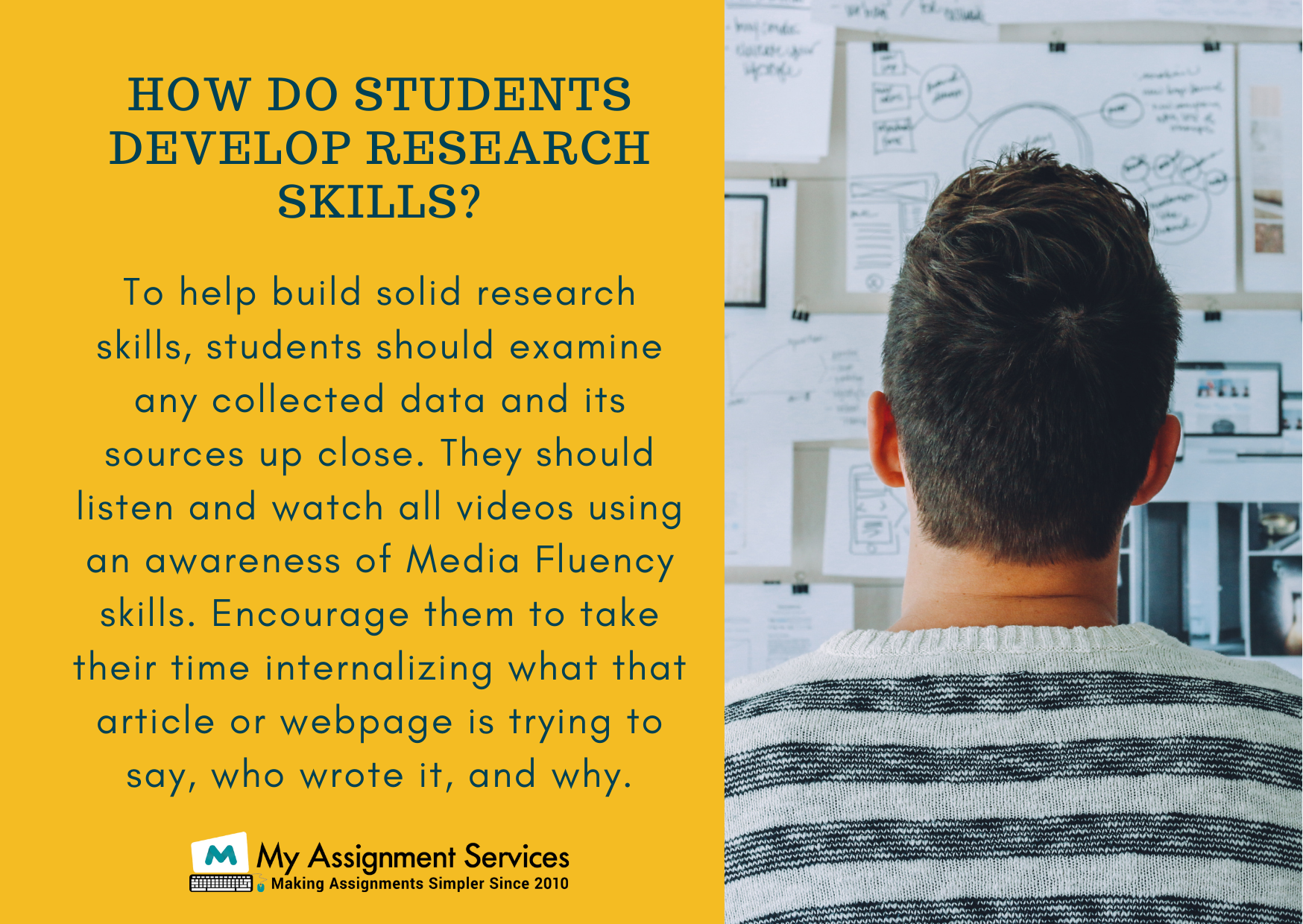
What are Research Ethics?
Research ethics is about making sure there's a positive experience for all participants. It's easy to ask someone if they want to be involved in your study—making them feel comfortable and safe throughout the process while protecting their confidentiality is equally important. But how can you ensure this happens? Below are basic guidelines on how researchers should conduct themselves, reflective of NSF's list of requirements for proposal submissions, which must include plans to protect research participants. These considerations should be built into every researcher's plan.
Moreover, the top-rated academic writing help mentors say that ethical considerations are part of the process of planning and doing research—from formulating the research question through publication and dissemination of results. Doing ethical research is abiding by certain rules or moral principles that guide decisions about whether a particular action is right or wrong. It means researchers don't simply avoid practices they know to be illegal; instead, they stay informed about all applicable laws, guidelines, policies, and best practices regarding their work. The idea that ethics can influence your decisions may not always feel intuitive, but it will become natural if you remind yourself to think ethically throughout the course of conceiving, designing, doing, and reporting on your study. Ethics should be integrated into research—not just looked at before you start or after there's a problem.
Research ethics is about making sure there's a positive experience for all participants. It means researchers don't simply avoid practices they know to be illegal; instead, they stay informed about all applicable laws, guidelines, policies, and best practices regarding their work. The idea that ethics can influence your decisions may not always feel intuitive, but it will become natural if you remind yourself to think ethically throughout the course of conceiving, designing, doing, and reporting on your study.
Be Right Here and Get Academic Assistance from Top-Rated Mentors
The objective of the article was to explain what research ethics is in detail. The blog started with an introduction that included the definition and components of research ethics, followed by its objectives, methodology, significance, and scope. Further, we've discussed fundamental principles governing research ethics. We have also explained different guidelines for carrying out ethical research.
If you need academic writing help, we can provide assistance from top-rated mentors that will get the job done right. We're ready and waiting to assist you in any way possible - just ask! Request a free consultation today, so we can start working on what needs to be done for your paper ASAP. Whether it's research papers, dissertations, presentations, book reports, case studies or essays of all types, our team is here to give you proper assistance and feedback 24/7. Let us know how we may best serve your needs, and hopefully, this blog has been helpful in some small ways as well. Thank you again for reading!
Related Study Materials
Our Experts can answer your Assignment questions instantly.
Ask Question0 Comment
Get It Done! Today
1,212,718Orders
4.9/5Rating
5,063Experts





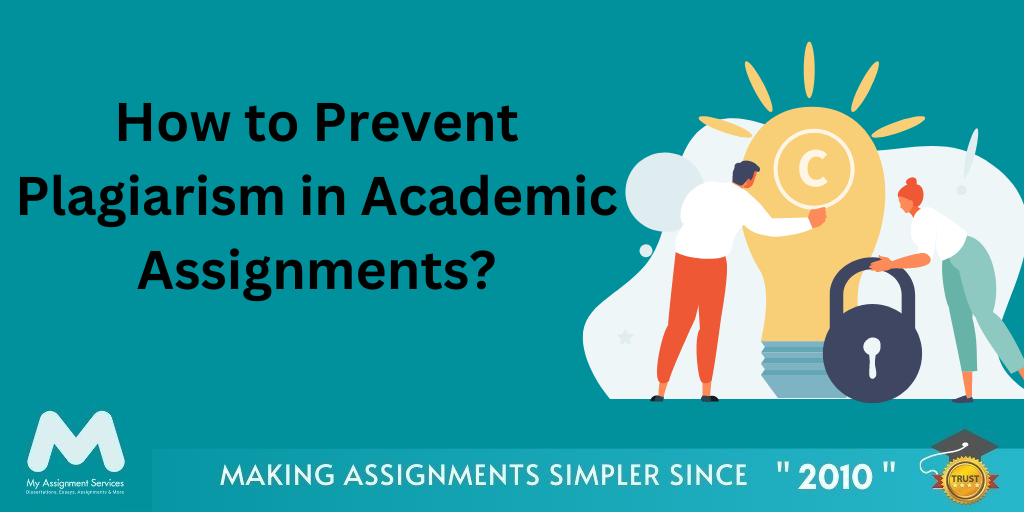

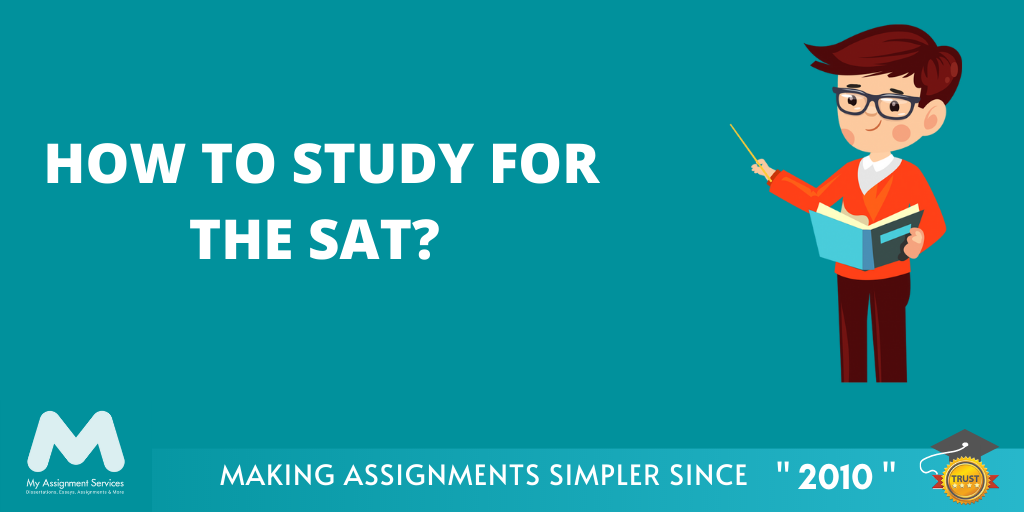





Loved reading this Blog? Share your valuable thoughts in the comment section.
Add comment